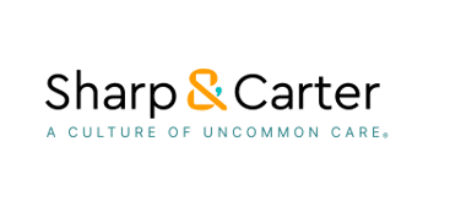Your personal brand summarises who you are. It’s your personal style and the values and skills that you have to offer. It helps recruiters and prospective employers better understand who you are, what you can do, and your competitive advantage. But how can I build my own personal brand?
1: Prioritise Your LinkedIn Profile
Your LinkedIn profile is often the first place any employers or recruiters will look to see the most concise information about you in an easy to read format.
Ensure your profile is optimised and has up to date job information, experience, professional pictures and a cover photo to help you stand out from the rest. We suggest adding a short description of your role duties below each job position as well, so that potential employers can quickly gauge your experience.
We have a helpful article detailing further steps to take to ensure your Linkedin profile is in excellent form - How to Position Yourself For Success.
2: Develop Your Interests and Passions
Your personal brand must align with and reflect your likes and interests. Prospective employers like to find out more about you through your passions and interests. This will help employers to better understand if your personal branding aligns with their company, culture and if you’ll be the ‘right fit’.
3: Research your Desired Industry and Follow the Experts
Connecting with thought leaders in your chosen industry can help you to build relationships and learn from the steps that helped them achieve their career goals.
Share any of their articles aligned with your personal beliefs and passions on platforms such as LinkedIn and from there, you can begin to create your own posts and publish your own content outlining your achievements and work.
When building a personal brand, your goal is to show your authenticity and commitment to your chosen industry.
4: Embrace Networking
Networking helps you to build your circle of contacts that ultimately can lead you into your next job. The more connections you make and the more value you can provide in your interactions, the more likely you will be remembered. Great platforms for networking include industry events, conferences and online via LinkedIn.
5: Create a Personal Website to Display your Folio (if applicable)
A website is an easy and simple way for prospective employers to see your experience and work. This is especially important for any roles in a creative field, as being able to display your disciplines in an easy to digest format will set you above the rest.





.png)
.png)
